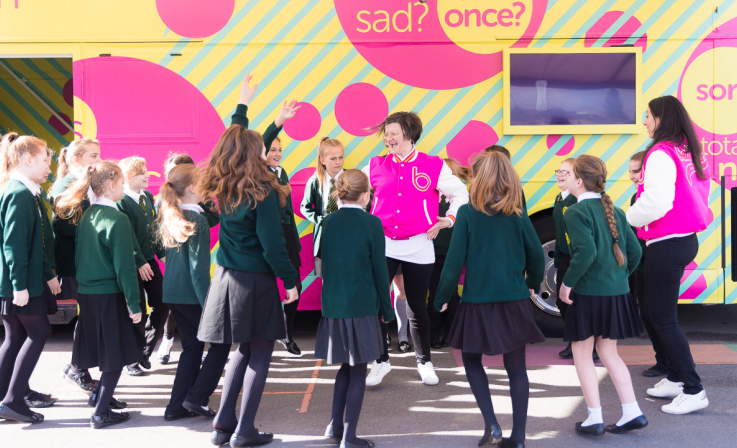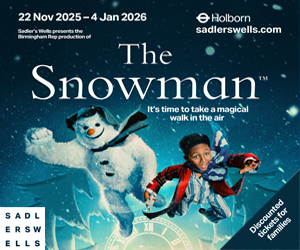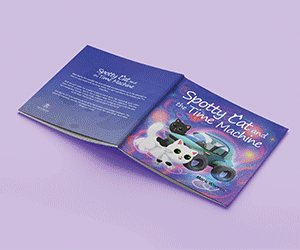Primary Times - the definitive what’s on and where to go family guide of activities and events for children of primary school age. Things to do with your kids during the school holidays including arts and craft activities, music and theatre for children, parties, competitions, days out, and family attractions along with term time drama schools, dance classes, after school clubs and sports activities. Things to do at a place near you!
Top tips for first period education teachers talking about periods
 Betty is a brand that want the conversation about periods, pads and puberty to get a little more interesting and a lot more fun. betty for schools is a free educational programme and an extension of this, helping to create a generation of children who, for the first time ever, are truly at ease talking about periods. Working with both teachers and young people, betty has created PSHE Association accredited digital lessons which aim to teach young girls and boys about periods in a more open and engaging way.
Betty is a brand that want the conversation about periods, pads and puberty to get a little more interesting and a lot more fun. betty for schools is a free educational programme and an extension of this, helping to create a generation of children who, for the first time ever, are truly at ease talking about periods. Working with both teachers and young people, betty has created PSHE Association accredited digital lessons which aim to teach young girls and boys about periods in a more open and engaging way.
The betty bus is the award-winning experiential bus from the programme, and its facilitators have spent the last nine months touring the UK, visiting schools and teaching 8-12 year olds about periods. The bus is a truly revolutionary way to teach period education, with sessions involving a lot of interactive games, a slide and even a ball pit! From the start, feedback has been overwhelmingly positive and after just five months a second bus was commissioned to help manage the vast demand for visits.
Here, the betty bus facilitators share some tips on how to talk to young children about periods, all gathered from their extensive experience. These tips are applicable for all young people but can be adapted depending on the age group.
- It’s good to start by explaining that 51% of the population is female and therefore more people have periods than don’t – that’s how common and natural it really is.
- Take a deep breath and remember that it is a natural part of life - if you’re embarrassed by it, the kids will pick up on that and feel uncomfortable.
- Before you start, take yourself back to being their age and think what questions you would have (liked to have) asked - great preparation for what they may ask you.
- Let them know that no question is silly. If they don’t ask, how can they find out? Try to always validate a question and celebrate the courage it took to ask it. Answer any questions honestly. If you don’t know the answer, it would be fun to look it up together.
- We get the kids involved in games to encourage them to use the relevant vocab. We also use the technical terms – childish nicknames can cause confusion, so reward openness and praise students for use of correct scientific words.
- Share stories about your personal experiences, it makes the children feel at ease to hear real scenarios. Sometimes it’s fun to ask the children to think of some female celebrities or pop stars…and then remind them that they would get periods too.
- Call out and address the giggles, explain it’s perfectly natural to feel giggly at first but that it’s something they can feel comfortable talking about.
- Keeping terminology in the third person is often helpful, by keeping conversation more objective it helps stop children from getting embarrassed.
- Make an effort to listen – really listen (including noticing body language and voice inflection). Often children will ask a question about something, but actually the subtext is that they’re afraid about another period-related thing.
- Lastly, keep it positive. Many children can be quite nervous approaching the subject of periods and may have heard scary stories before. It’s important they know about things like cramps, but it’s better to focus on things one can do to help with the ache, rather than how bad it might be.
For more information and teaching resources visit bettyforschools.co.uk/resources




